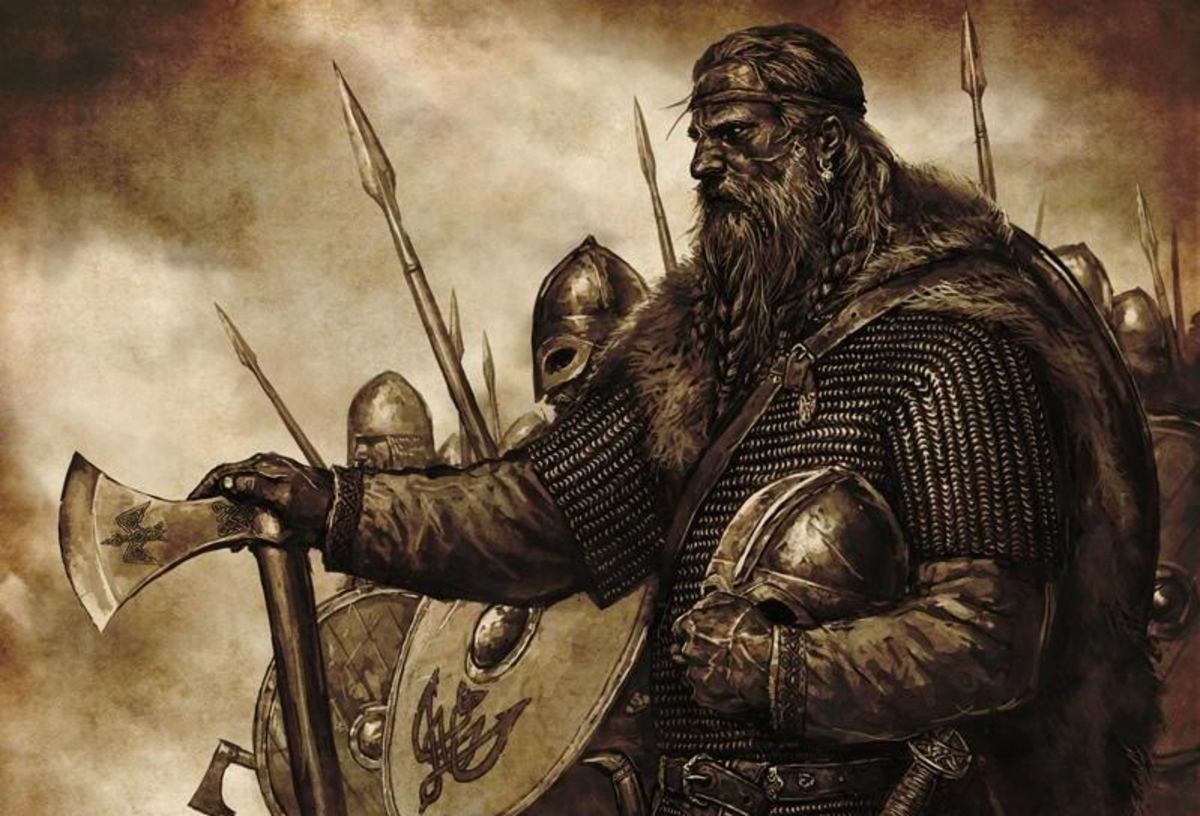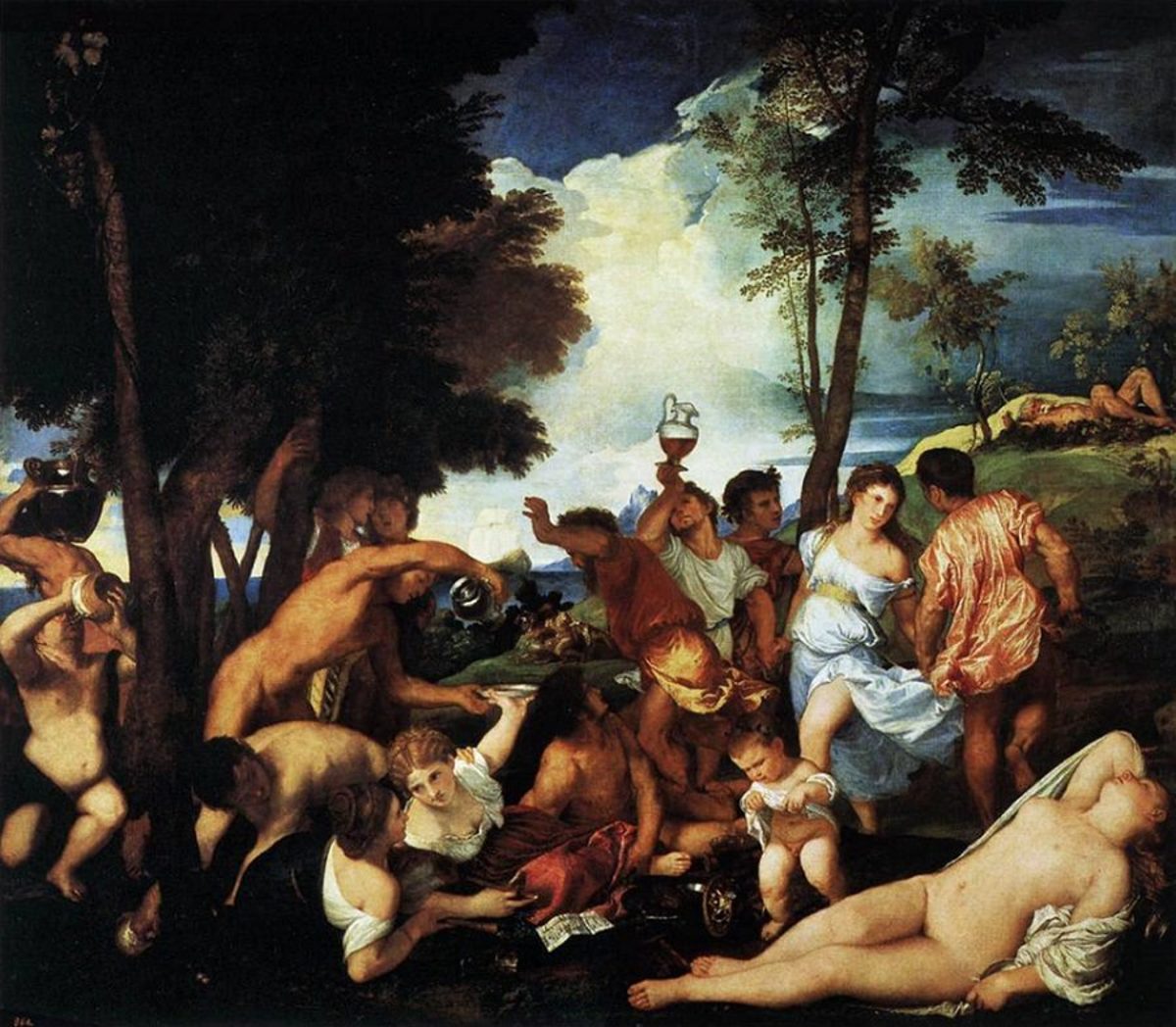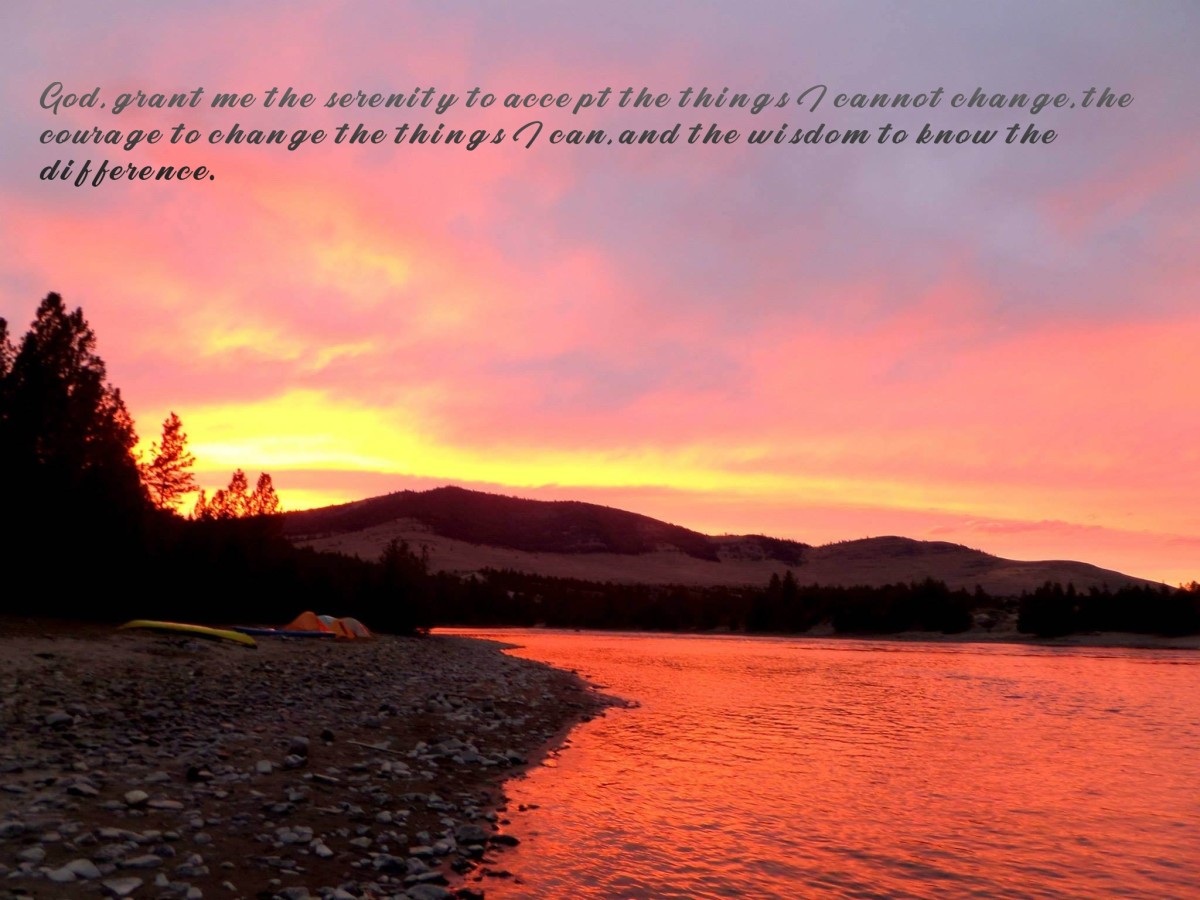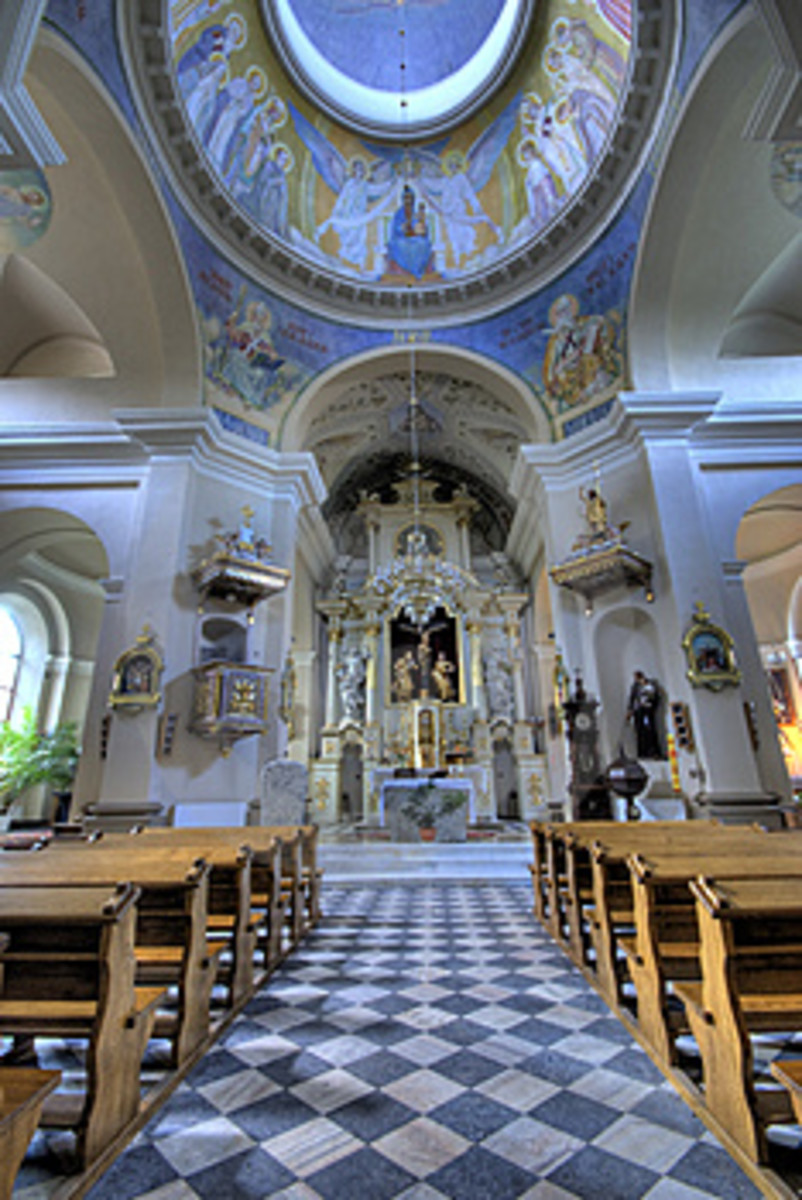Children of a King: The Rise of Rebellion
Rebellious Youth Across Cultures
Rebellious youth! Common the world over in all cultures are rebellious youth. Something about the development of the human mind around adolescence pushes young people to assert independent thought by finding some way to stand aside from the views of their parents, even society at large. Popular culture labels it “finding themselves.”
Each person must find his or herself. Not that anyone is lost or missing. It is an emotional need to matter in the world, having a higher purpose and impact. Much of the world finds purpose in religion. Others pursue recognition through wealth, education, or influence—seeking to carve out niches of self-importance.
Amour-Propre: The Drive to Matter
Narcissism? Yes. This behavior is a mild form, though not a disorder. Self-importance, amour-propre, is not a crime when put in the proper context. Everyone has an important role to play in life. Some will play minor roles. Some will change the world.
In this article, the sons of an ancient king receive attention. They went out seeking for themselves, and what they found changed the course of life for thousands for generations.
Out of the Shadow of Great Fathers
Mosiah, an ancient American prophet-king, had a problem. His sons and the son of the high priest Alma were wayward. These youths did not seek glory in hunting or warfare. Instead, they sought to destroy everything good that their fathers had built.
Profiles of righteousness and valor hung like halos above Mosiah and Alma the High Priest. Revered almost as gods, they were pillars of their people. Yet their sons—Ammon, Aaron, Omner, Himni, and Alma the Younger—chose to rebel. They pulled at the faith of their people, forming an opposing philosophy. What better way to stand apart from their fathers’ towering shadows than to challenge them outright?
Out of the Shadow
Mosiah, an ancient American prophet-king had a problem. His sons and the son of the high priest Alma were wayward sons. Common are the exploits of youth, the dangers they welcome. These youth, these sons did not find pleasure in the hunt or a fight as many of the youth of the ancient days would have. No, these youth found pleasure in destroying everything good that their fathers built.
Profiles of righteousness and valor hung like halos above the heads of Mosiah and Alma, the high priest. Their people extolled the men near to diety in importance and reverence. Offspring have different perspectives from which to view their parents, skewed even. Mosiah's sons Ammon, Aaron, Omner, and Himni went about with the son of Alma, also called Alma, seeking to pull down the faith of the people away from the religion of their parents. What better way to stand apart from the shadow of the most powerful men in the kingdom than to create an opposing philosophy?
amour-propre
a sense of one's own worth; self-respect.
The Path to Self and Early Rebellion
Mosiah ruled a kingdom of diverse faiths. Alma was given authority to form a church so believers could unite under Jehovah while awaiting the promised Messiah. At first, this church was met with hostility. Alma petitioned the king for protection, and Mosiah decreed that none should persecute the faithful (Mosiah 27:2).
For this obedience, the people of Mosiah enjoyed peace, prosperity, and growth: “the people began to be very numerous, and began to scatter abroad… building large cities and villages in all quarters” (Mosiah 27:6).
But rebellion grew within the royal household itself. The sons of Mosiah “were numbered among the unbelievers” (Mosiah 27:8), along with Alma the Younger, the high priest’s son. These princes secretly worked to tear down their fathers’ faith, luring others into idolatry and disbelief.
Like modern youth sneaking out at night, chasing drugs, alcohol, or hidden online lives, they sought independence by breaking rules and scorning their parents’ protection.
What better way to stand apart from the shadow of the most powerful men in the kingdom than to create an opposing philosophy?
Did They Inherit Rebellion?
The youth may have wondered: if they searched their fathers’ pasts, would they find rebellion there? Could Alma the High Priest once have been a man of the world? Had Mosiah himself once wrestled with independence?
Regardless, these sons sought their own worth (amour-propre) by rejecting their heritage. And what better way to stand apart than to form an opposing philosophy?
Narcissus Poeticus
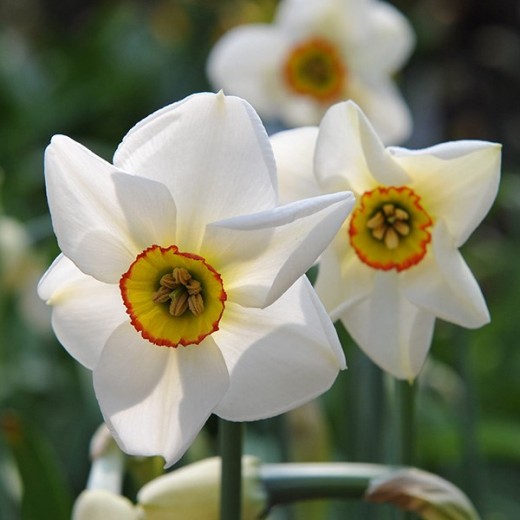
Narcissus and the Folly of Self-Love
Greek mythology warns of Narcissus, who loved his own reflection so deeply he had no room to love others. Those who pursued him perished in their devotion.
Nemesis, the goddess of retribution, lured him to a pool where he fell in love with his own image—love that could never be returned. Trapped by his obsession, he wasted away, transformed into the flower that bears his name.
Narcissus’s self-love became his undoing. Likewise, the sons of Mosiah reveled in their influence and power, delighting in their ability to lead others astray.
Narcissus
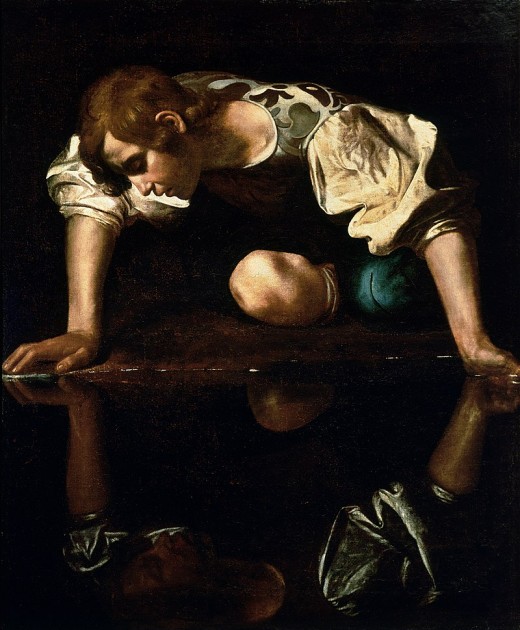
In their quest to stand apart, the children of the king recruited many souls to follow them and their friend to paths away from the teachings of their youth.
Sons of Mosiah
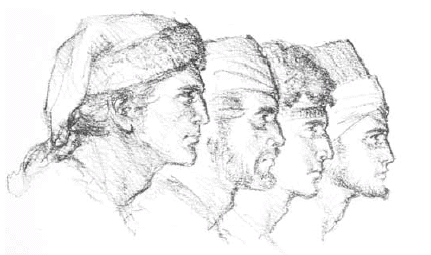
Subverted Kingdoms
In their quest to stand apart, the sons of Mosiah and their companion Alma the Younger recruited many souls into rebellion. Like Narcissus, they gazed at the reflection of their own power—measured in followers—and loved it.
Their royal birth gave them status, and their secret defiance created a kingdom within a kingdom. Thousands followed them. Yet their triumph was built on pride, not truth.
Just as Narcissus needed divine judgment, these children of a king required divine intervention. Only heaven could halt the flood of amour-propre and turn their rebellion into repentance. Their story continues in Children of a King: Mighty Change of Heart.
.
This content is accurate and true to the best of the author’s knowledge and is not meant to substitute for formal and individualized advice from a qualified professional.
© 2018 Rodric Anthony Johnson





